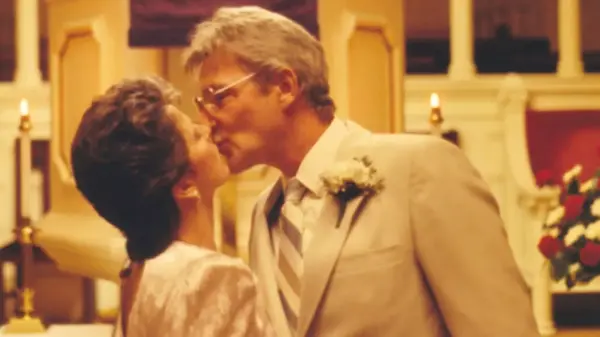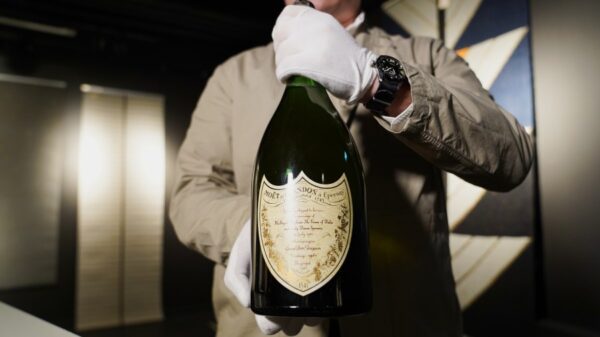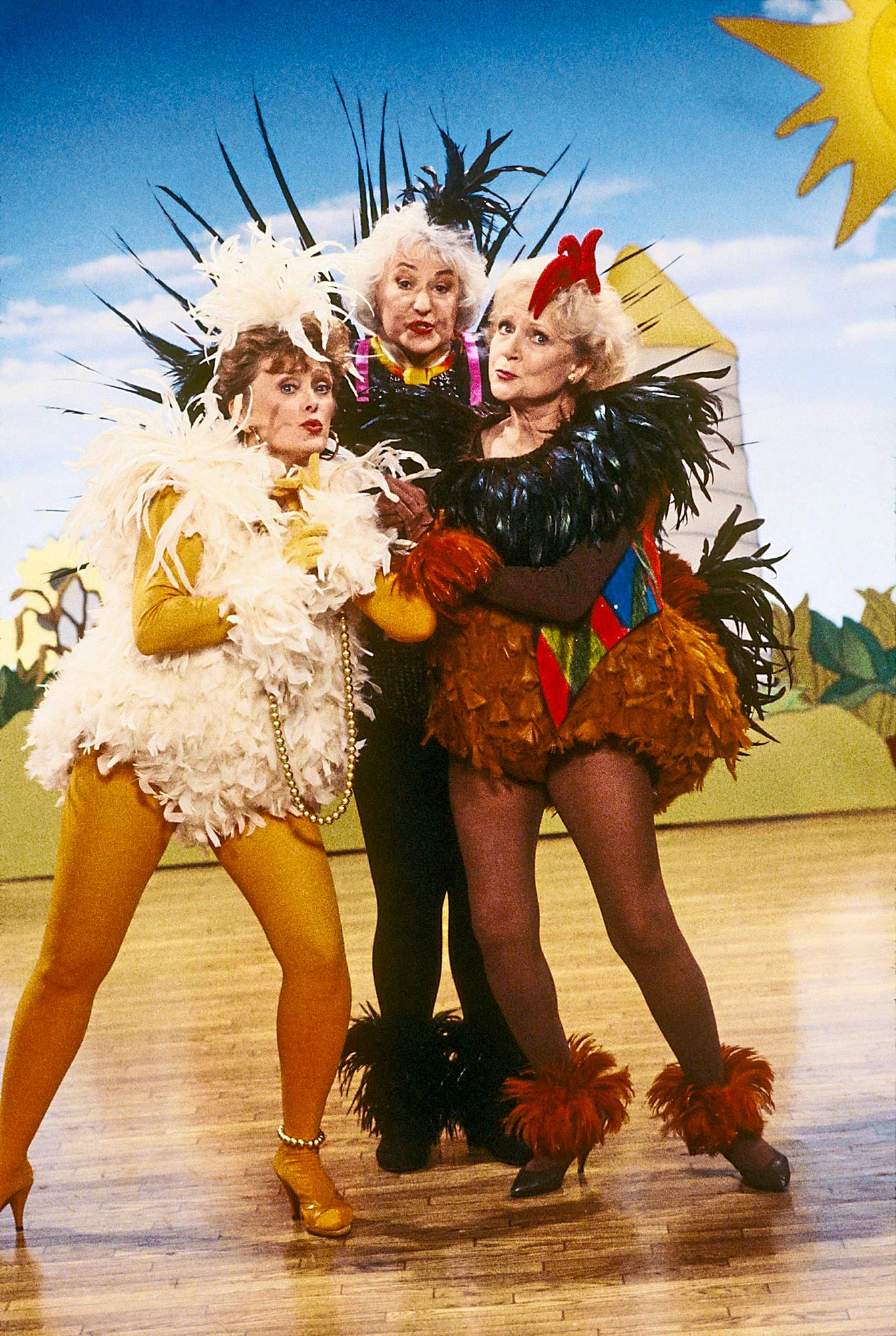On September 14, 1985, NBC premiered The Golden Girls, a groundbreaking sitcom featuring four older women living together in Miami. The show, created by Susan Harris, quickly became a cultural touchstone, captivating millions of viewers over its seven-season run. With its sharp comedic writing and relatable themes, it earned all four lead actresses Emmy Awards and left a lasting legacy in television history.
The series stars included Bea Arthur as the no-nonsense Dorothy, Rue McClanahan as the flirtatious Blanche, Betty White as the naive Rose, and Estelle Getty as the wisecracking Sophia. Each actress brought a wealth of experience to their roles, with Arthur and McClanahan having previously worked together on Maude, while White was well-known for her role on The Mary Tyler Moore Show. Getty, primarily recognized for her theater work, gained fame in the Torch Song Trilogy shortly before taking on her iconic television role.
Impact and Cultural Significance
What set The Golden Girls apart from other shows of its time was its willingness to tackle complex subjects like sexuality, aging, and social issues in a humorous context. According to Stan Zimmerman, a season one writer, the show portrayed characters that resonated with viewers. “There were not people on television that looked like those ladies, and definitely not talking about what those four women talked about,” Zimmerman stated. The series broke new ground in the culturally conservative 1980s, addressing topics such as partner abuse and HIV/AIDS candidly.
Author Jim Colucci, who wrote Golden Girls Forever, attributes the show’s enduring appeal to its sharp comedic writing. “It didn’t matter that it was about old ladies; it was way funnier than anything else on the air!” he remarked. The humor, combined with the relatable friendship dynamics among the characters, allowed the show to connect with audiences across generations.
Behind the scenes, the camaraderie and conflict among the cast members created their own set of stories. Interestingly, Getty was younger than Arthur, leading to some on-set tensions, particularly between Arthur and White. Colucci noted that “Bea liked to stay ‘on book’ until the very last minute,” while White preferred to memorize her lines early in the week, creating a contrast in their working styles.
Legacy and Continued Influence
Following the show’s conclusion in 1992, the characters of Blanche, Rose, and Sophia returned in the spin-off series The Golden Palace, which lasted for 24 episodes. Despite this, the original series remains a syndication success and is available on streaming platforms like Hulu. The impact of The Golden Girls extends far beyond television, inspiring various adaptations including animation, theater productions, board games, and even a restaurant.
Colucci and Zimmerman both believe that a modern reboot would be difficult to accept, given the iconic status of the original cast. “Bea Arthur, Betty White, Rue McClanahan, and Estelle Getty are too perfect to replace,” Colucci said. He added, “There’s barely an actress out there who would even dare try.” The consensus among fans highlights the uniqueness of the show and its characters, making it a cherished part of television history.
While some elements of the show have drawn criticism over the years, particularly regarding cultural sensitivity, its core themes of friendship and chosen family continue to resonate, especially within the LGBTQIA+ community. Colucci emphasizes that “the prime ingredient in the recipe for the Girls’ success is simply love.” The series presents the idea that surrogate families can be as significant as biological ones, a sentiment that many viewers relate to.
Sadly, all four lead actresses have passed away, with Betty White being the last, who lived to the age of 99 before her death in 2021. In a poignant reminder of her legacy, her director’s chair from The Golden Girls sold for $76,800 at auction, demonstrating the enduring impact of the show.
As fans continue to celebrate the 40th anniversary of The Golden Girls, it is clear that the magic created by the cast and crew is irreplaceable, forever solidifying its place in television history.





































































